Politics and Government: Zionism
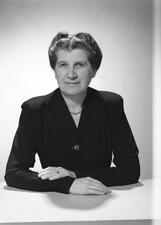
Ida Lewis Siegel
Ida Lewis Siegel was a volunteer leader in Toronto dedicated to Zionism and education. Siegel’s organizing talents over the decades benefited many Jewish community institutions, including the Youth Aliyah. She was also involved in the wider Toronto community, serving as a trustee of the Toronto Board of Education.
Elizabeth Blume Silverstein
Elizabeth Blume Silverstein’s long and productive life revolved around her work in criminal law, real estate management, and Jewish life. After successfully defending Orzio Ricotta on a homicide charge, a first for a New Jersey woman lawyer, Silverstein became a public speaker, and she was involved in law, politics, and Zionism.
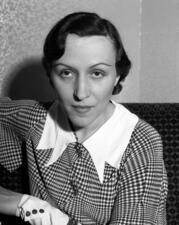
Berta Singerman
Berta Singerman (1901-1998) was an Argentine actress and reciter of poetry, famous throughout the Ibero-American cultural world. Born in Russia to a family of traditional singers (chazanim), she immigrated to Buenos Aires, Argentina, when she was four years old.
Chava Slucka-Kesten
Chava Slucka-Kesten started teaching in Warsaw before World War II and continued her career through the war in Moscow. After the war she became an author and sustained her political involvement. Writing from the perspective of a politically engaged woman, Slucka-Kesten offers a unique glimpse into pre- and post-war Jewish life in Poland’s cities and villages, as well as into the early years of the State of Israel.
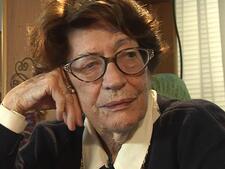
Michal Smoira-Cohn
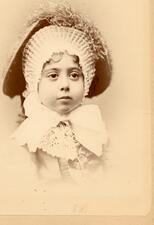
Judith Solis-Cohen
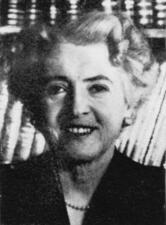
Bertha Solomon
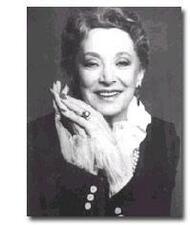
Estelle Joan Sommers
Estelle Joan Sommers was a designer, entrepreneur, and executive who made her career in retail dancewear, introducing innovative designs for Capezio’s dance and exercise clothing.
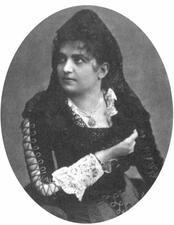
Rosa Sonneschein
Rosa Sonneschein created and edited the American Jewess, the first English-language magazine for Jewish women in the United States, where she advocated for the expansion of women’s roles in the synagogue and the Jewish community and expressed her strong support for Zionism.
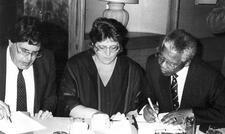
South Africa
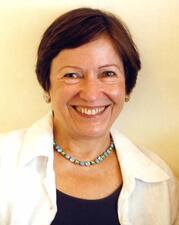
Ruth Sperling
Dora Spiegel
Dora Spiegel served in many fields, including education, the organization of league sisterhoods, and publications stimulating women’s loyalty to the synagogue and the Jewish home. She helped found the Women’s Institute of Jewish Studies at the Jewish Theological Seminary of America, influencing the lives of countless Jewish women and children.
Sports in Germany: 1898-1938
Women’s participation in Jewish gymnastics clubs increased significantly during the first two decades of the twentieth century. The Jewish sports movement grew during the 1920s, allowing women to participate in cross-country running, swimming, and tennis. After German sports clubs annulled Jewish membership in 1933, women poured into these Jewish sports groups.
Hannah Stein
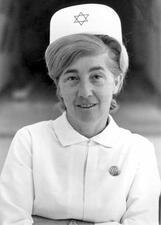
Judith Steiner-Freud
As a Holocaust survivor, Judith Steiner-Freud fulfilled her faithful and influential mission. From the 1940s to the 2010s, she devoted herself to the calling of transforming nursing into an academic profession, raising the status of Israeli nurses, and promoting the welfare of Israeli society and other diverse population groups.
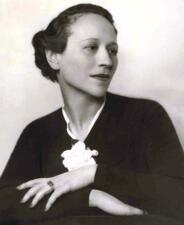
Edith Rosenwald Stern
Eva Michaelis Stern
Eva Michaelis Stern was co-founder and director of the fundraising arm of the Youth Aliyah in Germany, and later the director of the Youth Aliyah office in London. Over the course of WWII, she helped more than 1000 children from countries all over Europe immigrate to Palestine.
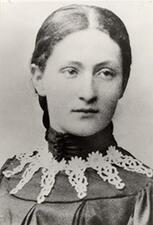
Rahel Straus
Rahel Goitein Straus, a pioneering woman medical doctor trained in Germany, was a model “New Jewish Woman” of the early-20th century. Successfully combining a career as a physician with marriage and motherhood, she committed herself to Jewish and feminist causes and organizations throughout her life, while also embracing Zionist ideals.
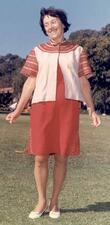
Rivka Sturman
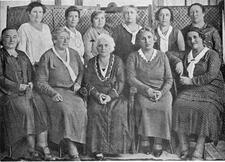
Suffrage in Palestine
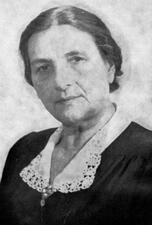
Hasya Sukenik-Feinsod
Hasya Sukenik Feinsod served as director of the Hebrew Kindergarten Teachers College. In 1919 Feinsod was appointed by the Education Committee to serve as superintendent of kindergartens in Jerusalem. She headed the Association of Kindergarten Teachers, and she was the first and only female representative on the Education Committee.
Marie Syrkin
Marie Syrkin is best known as a polemicist for the State of Israel, whose keen arguments appeared in a wide range of publications for a period of almost seventy years. Her life touched almost every significant aspect of Jewish life in America and Europe in the twentieth century.
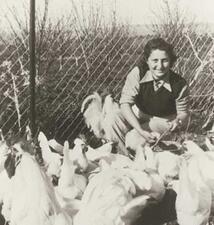
Hannah Szenes (Senesh)
Hannah Szenes has attained legendary status in the pantheon of Zionist history. After immigrating to Israel, Szenes agreed to participate in a military operation as a paratrooper. Hungarian authorities captured her and tortured her, but Szenes refused to talk. She was killed by a firing squad in 1944. Szenes mother published her daughter’s diary, poetry, and plays posthumously.
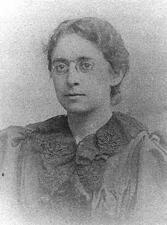
Henrietta Szold
Hannah Thon
Hannah (Helena) Thon was a social worker, journalist and editor, a student of Israel’s ethnic communities, and one of the leading figures in the women’s voluntary social-welfare organizations during the Yishuv (pre-State) period in Israel.


